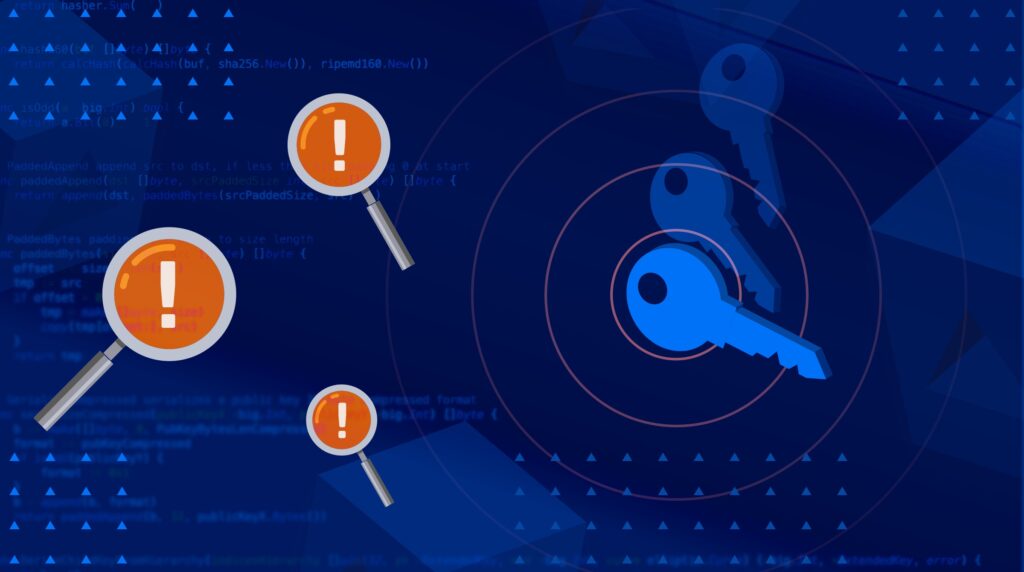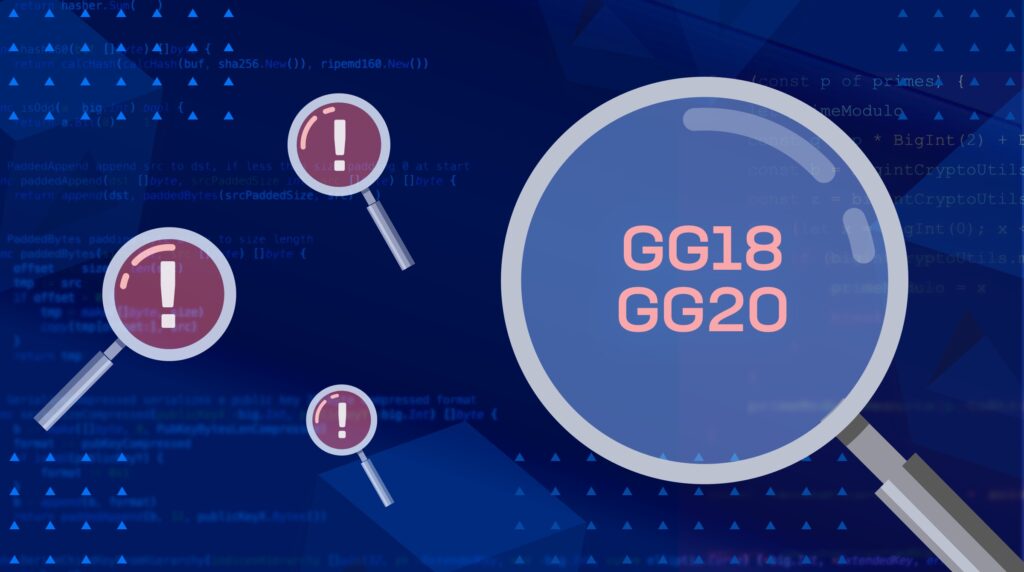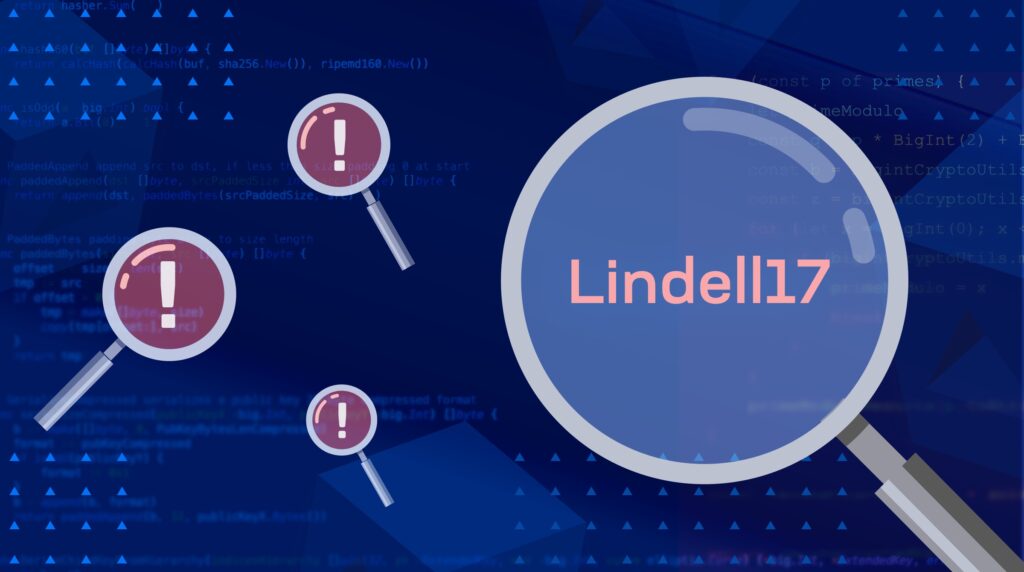The security and concept of MPC remains intact. The vulnerabilities identified are affecting specific implementations of MPC, and not the overarching concept itself.
When security flaws and vulnerabilities are found, every software and cryptographic protocol must be thoroughly audited and tested, and teams must have a plan in place to address security issues in a timely fashion.
The BitForge vulnerability does not reflect the security of MPC as a technology. The vulnerabilities identified are affecting specific implementations of MPC, and not the overarching concept itself.
MPC remains the leading security technology to protect private keys during generation, signing, and storage. This is because MPC removes the concept of a single private key; such a key is never gathered as a whole, neither during the first creation of the wallet nor during the actual signature.
At Fireblocks, we understand that no security technology alone is unbreakable. As we’ve seen over the years, the best defense against cybercriminals is a multilayered one that can provide redundancy in the event that one of the security controls fails. That’s why Fireblocks utilizes a multi-layer security approach to protect all attack surfaces and provide redundancy in the event that one of the security controls fails. Layers of the strongest software and hardware defenses create a truly secure environment for storing, transferring, and issuing digital assets.


